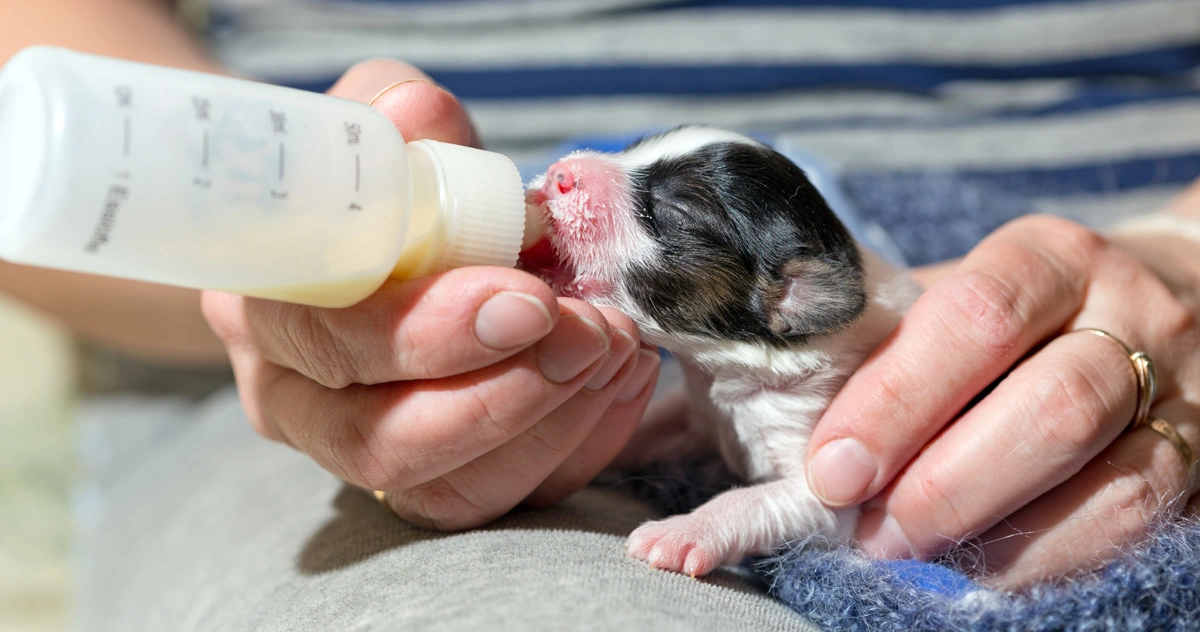Good Family Dogs: Choosing the Perfect Canine Companion for Your Family
Family dogs are more than just pets; they become cherished members of the household. Finding the perfect canine companion for your family requires careful consideration of various factors. From temperament to size, energy level to trainability, compatibility with children to socialization needs, there are essential aspects to explore when choosing a family dog. In this article, we will discuss these factors in detail, provide insights into popular breeds for families, highlight the importance of training and socialization, explore the adoption vs. buying dilemma, offer tips for preparing your home, and guide you through the process of taking care of your family dog. By the end, you’ll be equipped with the knowledge to make an informed decision and welcome a furry friend into your home.
Characteristics of a Good Family Dog
The first step in choosing a good family dog is understanding the characteristics that make them suitable for family life. Here are some key considerations:
Temperament
A family dog should have a friendly, gentle, and patient temperament. They should be comfortable around people of all ages, including children, and be tolerant of their playful behavior.
Size
The size of the dog is an important factor to consider, especially if you have young children. Larger dogs may unintentionally knock over or overwhelm small kids, so it’s crucial to choose a breed that matches your family’s dynamics.
Energy Level
The energy level of a family dog should align with your family’s lifestyle. Active families may enjoy a dog that can keep up with outdoor activities, while others may prefer a more laid-back companion.
Trainability
A good family dog should be easily trainable, as they will need to learn basic obedience commands and appropriate behavior around family members and guests.
Compatibility with Children
Certain breeds have a natural affinity for children, displaying patience, protectiveness, and a playful nature. It’s important to choose a breed known for its compatibility with kids.
Socialization
A well-socialized family dog is comfortable in various situations and interacts positively with other animals and people. Early socialization is crucial to ensure your dog grows up to be well-adjusted and confident.
Popular Breeds for Families
When it comes to choosing a family dog, certain breeds have established themselves as excellent companions for families. Let’s explore some of these popular breeds:
Golden Retriever
Golden Retrievers are known for their friendly and gentle nature. They are patient, loyal, and great with children, making them one of the most popular family dogs.
Labrador Retriever
Labrador Retrievers are friendly, outgoing, and eager to please. They are intelligent and easily trainable, making them an excellent choice for families.
Beagle
Beagles are loving and sociable dogs that enjoy being part of a family. Their compact size and gentle temperament make them well-suited for households with children.
Bulldog
Bulldogs have a calm and patient demeanor, making them great companions for children. Despite their tough appearance, they are affectionate and good-natured.
Boxer
Boxers are energetic, playful, and protective. They are known for their love of children and make devoted family pets with their fun-loving nature.
Cavalier King Charles Spaniel
Cavalier King Charles Spaniels are gentle, affectionate, and great with kids. Their small size and adaptability make them suitable for various living situations.
Poodle
Poodles are intelligent, trainable, and versatile dogs. They come in different sizes, including the standard, miniature, and toy varieties, allowing families to choose the best fit.
Collie
Collies are loyal, gentle, and highly trainable dogs. They are known for their protective nature and are especially good with children.
Bichon Frise
Bichon Frises are cheerful, playful, and friendly. They are small in size and have a hypoallergenic coat, making them a good choice for families with allergies.
Vizsla
Vizslas are affectionate, gentle, and energetic. They thrive in an active family environment and require regular exercise and mental stimulation.
Factors to Consider When Choosing a Family Dog
While breed characteristics play a significant role in choosing a family dog, it’s essential to consider other factors as well. Here are some key considerations:
Lifestyle and Activity Level
Assess your family’s lifestyle and activity level to find a dog that fits your routines. Active families may enjoy high-energy breeds, while more relaxed households may prefer dogs with a calmer disposition.
Living Space
Consider the size of your living space. Larger breeds may require more room to move around, while smaller breeds can adapt well to apartment living.
Allergies
If you or a family member has allergies, it’s crucial to choose a hypoallergenic breed or one with minimal shedding to minimize allergic reactions.
Time and Commitment
Dogs require time and attention. Consider your family’s availability to provide exercise, training, and mental stimulation for your new companion.
Financial Considerations
Owning a dog comes with financial responsibilities, including food, grooming, veterinary care, and supplies. Ensure your budget allows for the necessary expenses.
The Importance of Training and Socialization
Training and socialization are vital aspects of raising a well-behaved family dog. Here’s why they are crucial:
Obedience Training
Obedience training helps establish boundaries, teach basic commands, and ensure your dog understands appropriate behavior within the family and in public settings.
Socializing with People and Other Animals
Early socialization helps your dog feel comfortable and confident in various environments, making them less prone to fear or aggression. Expose them to different people, animals, and situations from a young age.
Adopting vs. Buying a Family Dog
When considering a family dog, you have the option to adopt from shelters or buy from responsible breeders. Here’s what to consider:
Rescue Shelters and Adoption Centers
Adopting a dog from a rescue shelter gives a deserving dog a second chance at a loving home. Many shelters have family-friendly dogs of various breeds and mixes, allowing you to find the perfect match.
Responsible Breeders
Responsible breeders prioritize the health and well-being of their dogs. They provide proper care, socialization, and genetic testing to produce healthy puppies with good temperaments.
Considerations for Mixed Breed Dogs
Mixed breed dogs, or mutts, can make wonderful family pets. Their unique combination of traits often results in a well-rounded and healthy dog.
Preparing Your Home for a New Family Dog
Before bringing a new family dog home, it’s important to prepare your home to ensure their safety and comfort. Here are some essential steps:
Dog-Proofing
Remove any hazardous items or plants that could harm your dog. Secure electrical cords, ensure fences and gates are secure, and prevent access to dangerous areas.
Providing a Safe Space
Designate a specific area in your home where your dog can retreat and feel safe. Provide a comfortable bed, toys, and access to fresh water.
Necessary Supplies
Gather essential supplies such as food and water bowls, a leash, collar, identification tags, a crate or bed, toys, grooming tools, and appropriate dog food.
Taking Care of Your Family Dog
Once your new family dog is settled in, it’s crucial to provide proper care to keep them healthy and happy. Here are some key aspects of dog care:
Nutrition and Feeding
Provide a balanced diet suitable for your dog’s age, size, and activity level. Consult with your veterinarian to determine the best food and feeding schedule.
Exercise and Mental Stimulation
Regular exercise is important for your dog’s physical and mental well-being. Daily walks, playtime, and interactive toys can help keep them active and entertained.
Grooming and Hygiene
Maintain your dog’s coat by brushing regularly, bathing as needed, and keeping their nails trimmed. Regular dental care is also essential for their overall health.
Veterinary Care and Vaccinations
Schedule regular veterinary check-ups to ensure your dog’s health and prevent potential issues. Keep up with vaccinations, parasite prevention, and any necessary medical treatments.
Conclusion
Choosing a good family dog requires careful consideration of various factors, including temperament, size, energy level, trainability, compatibility with children, and socialization needs. Popular breeds for families include Golden Retrievers, Labradors, Beagles, Bulldogs, and more. It’s important to assess your family’s lifestyle, living space, and any allergies before making a decision. Training, socialization, and proper care are essential for raising a well-behaved and happy family dog. Whether you choose to adopt from a shelter or buy from a responsible breeder, the love and companionship a family dog brings are priceless.
FAQs
- Q: How do I introduce a new family dog to my children? A: Introduce your new dog gradually, allowing them to become familiar with each other’s scents and presence. Supervise initial interactions and encourage positive experiences through treats and praise.
- Q: Are small dogs better for families with young children? A: Not necessarily. While small dogs can be a good fit for some families, it’s essential to consider the individual dog’s temperament, energy level, and compatibility with children rather than solely focusing on size.
- Q: How can I ensure my family dog stays healthy? A: Provide a balanced diet, regular exercise, veterinary care, vaccinations, and mental stimulation. Regular grooming and dental care are also important for their overall well-being.
- Q: Should I get a puppy or an adult dog for my family? A: Both puppies and adult dogs can make great family pets. Puppies require more time and training, while adult dogs may already have some training and may be more settled in their personalities.
- Q: How can I help my children understand the responsibilities of having a family dog? A: Involve your children in the care of the dog by assigning age-appropriate tasks such as feeding, grooming, and playing. Teach them about the importance of kindness, respect, and empathy towards animals.
Read More:Popular Dog Breeds: Top 10 Breeds




